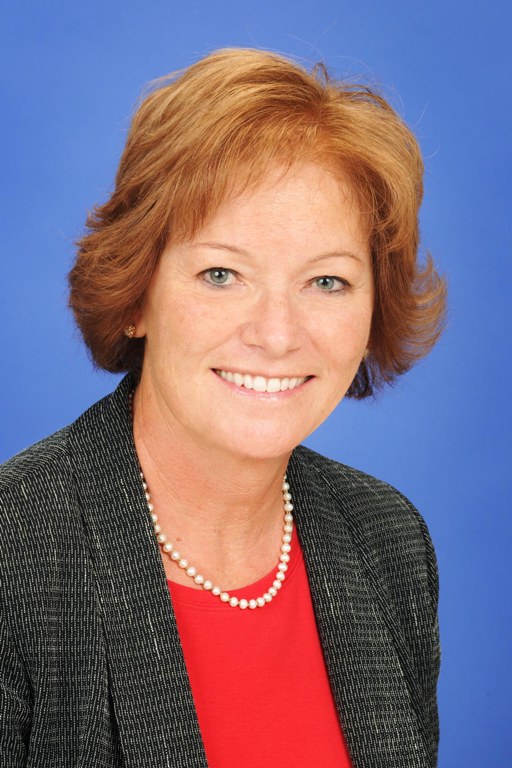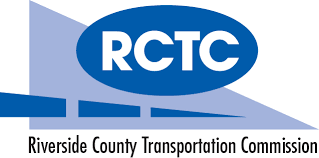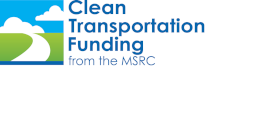 Embarking on her retirement, Tanya Love recently reminisced with the Clean Air Roadmap about her decade of service to the MSRC to help support clean transportation investments in Riverside County. Tanya shared that she didn’t know all that much about the MSRC prior to joining – but she did know that they provided unique funding opportunities that Riverside wasn’t always taking full advantage of.
Embarking on her retirement, Tanya Love recently reminisced with the Clean Air Roadmap about her decade of service to the MSRC to help support clean transportation investments in Riverside County. Tanya shared that she didn’t know all that much about the MSRC prior to joining – but she did know that they provided unique funding opportunities that Riverside wasn’t always taking full advantage of.
Shortly after joining the MSRC, Tanya learned that the organization had already made a strong impact in the region by supporting some of the very first clean transportation investments in all of Riverside County, including support for Sunline Transit to invest in alternative fuel buses back in the early 1990s. Upon joining the MSRC, Tanya was determined to continue and expand upon that legacy.
As the 4th most populous county in California and possessing a sprawling geography as large as the state of New Jersey, Riverside County has tremendous needs and opportunities to help clean Southern California’s air through a number of pollution reduction strategies. Tanya noted that she is proud of the litany of projects and initiatives the MSRC has invested in Riverside County over the years that has included providing resources for projects such as helping the county purchase cleaner heavy duty trucks, implementing signal synchronization, and supporting the freeway service patrol along the only corridor connecting Orange and Riverside Counties.
Tanya recalled that perhaps the most meaningful impact of the MSRC for local governments within Riverside County and the region at-large came in 2008 during the great recession when local governments were really strapped for cash and they simply didn’t have the extra money to invest in alternative fuel projects. Without the MSRC’s funding, critical clean transportation programs simply wouldn’t have continued and local public works directors of cities and counties absolutely depended on MSRC funding for key projects. The MSRC funds not only helped continue to clean the air through tough economic times, they helped ensure clean transportation programs could continue at cities that were really struggling. Even as the economy has begun to improve, we continue to see the demand for the MSRC’s investment dollars as demonstrated by the strong interest and participation generated by the summer workshops (see workshops article).
In addition to the direct impact of the MSRC’s financial resources, Tanya shared that, thanks to serving with a tremendous network of regional resources on the MSRC’s Technical Advisory Committee (TAC), she could find answers to just about any technical question and had a network of experts that she could rely on that her agency could not replicate on their own. The collaborative spirit of the MSRC and its TAC also allowed Tanya the opportunity to leverage expertise and clean transportation resources beyond just the MSRC funds.
 Tanya’s parting words focused on the work that remains to be done by her colleagues and successor at the MSRC. Tanya shared that she is excited that Lorelle Moe-Luna will succeed her at as the TAC member for the Riverside County Transportation Commission. “Lorelle will be a real asset to the committee as she is steeped in knowledge about alternative fuels and has a great transit background.” Tanya also emphasized that the “easy pickings are done” and it will be interesting to see where the MSRC goes from here to meet its mission of improving Southern California’s air quality through clean transportation investments. Tanya said, “I know this group is up for the challenge. The MSRC is simply a great group of individuals – from the members to those who serve on the TAC.”
Tanya’s parting words focused on the work that remains to be done by her colleagues and successor at the MSRC. Tanya shared that she is excited that Lorelle Moe-Luna will succeed her at as the TAC member for the Riverside County Transportation Commission. “Lorelle will be a real asset to the committee as she is steeped in knowledge about alternative fuels and has a great transit background.” Tanya also emphasized that the “easy pickings are done” and it will be interesting to see where the MSRC goes from here to meet its mission of improving Southern California’s air quality through clean transportation investments. Tanya said, “I know this group is up for the challenge. The MSRC is simply a great group of individuals – from the members to those who serve on the TAC.”
Tanya Love recently concluded ten years of service as a member of the MSRC’s Technical Advisory Committee where she represented the Riverside County Transportation Commission. For the past four years she served as the TAC’s Vice Chair. She retired from the RCTC at the end of June after serving approximately 18 years with the agency.
